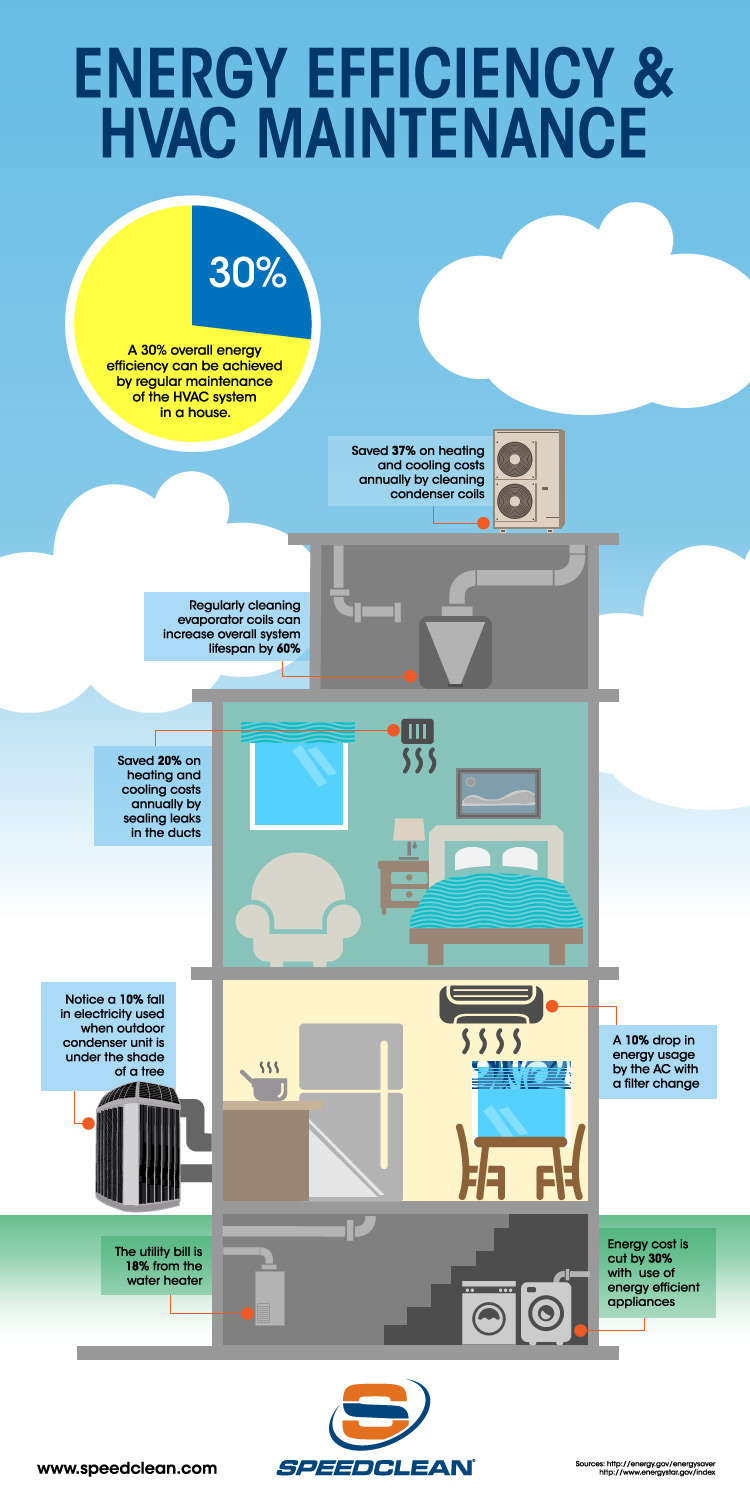Heat Pump Vs Heater - Which Is The Better Home Heating Choice For Your Home?
Heat Pump Vs Heater - Which Is The Better Home Heating Choice For Your Home?
Blog Article
Content By-Huynh Matthiesen
Several property owners are familiar with furnaces, which warm homes with oil or gas and push hot air with ductwork. They are reasonably low-cost and can give trusted home heating even throughout a wintertime power blackout.
However, they utilize nonrenewable fuel sources and produce carbon monoxide gas and various other air pollution. They likewise aren't as energy-efficient as a high-efficiency heatpump.
Price
Usually, heat pumps are much more inexpensive to operate than furnaces. They normally utilize electricity and cooling agent to essence warm from outdoor air, and afterwards move it into your home. You can capitalize on less expensive electricity prices throughout off-peak hours to additionally reduce your heating expenses.
Unlike heatpump, gas or wood-burning heating systems make use of burning to generate heat, giving off flue gases into the atmosphere that can be unsafe to your wellness. These furnaces are additionally less energy-efficient than heat pumps, and their higher operating costs can accumulate over time.
Heaters are much more complicated than heat pumps and need regular upkeep to ensure the appropriate function of all parts. Despite this, they have a tendency to last longer than heatpump with a normal life-span of 20 years or more. Nonetheless, you'll require to consider the expense of gas, fuel oil or wood and the extra equipment required for installation and operation such as ducts and air flow systems.
Energy Efficiency
Heatpump have a greater power performance ranking than heating systems. These systems make use of electricity to scavenge heat from the air, even in freezing temperature levels. They can likewise get rid of excess heat from the home throughout warmer months and recycle it to cool the system. Carrier specialists can aid you establish the very best design for your online on environment and source power prices.
Furnaces burn fuel oil, propane, gas or various other kinds of nonrenewable fuel source to heat up the air in the home. This air is after that dispersed with ductwork making use of a big fan. Heaters create greenhouse gases and require normal maintenance and devices upgrades to ensure secure procedure.
The biggest benefit of a heating system is that it can be run even in severe winter months problems since it does not depend on outside temperature levels to heat the air. Heating systems additionally have a longer life-span than heatpump and usually last 15 years. They can additionally be paired with dual fuel alternatives, which select one of the most efficient heating choice based on the weather.
Climate
Heatpump work well in modest climates and make use of much less source energy than furnaces. However, if your area is incredibly cool, you might require to buy a standard gas furnace instead.
Furnaces supply warm, cozy warmth and usually supply quick heating to increase indoor temperature levels. These systems can be made use of with a range of fuel kinds, consisting of natural gas, lp, oil or electrical power.
They take in much more power than heat pumps-- as much as 3x as much-- and need ductwork that's expensive to install or retrofit. They're likewise extra costly to maintain, as they can trigger air top quality problems and generate greenhouse gas emissions.
If you're committed to minimizing your carbon footprint, a heatpump is a good choice for your home. They have fewer greenhouse gas discharges than heating systems, particularly if you pick an ENERGY CELEBRITY ® heat pump. https://www.newsobserver.com/living/article262621932.html can describe the differences in between these two heater and aid you make the best choice for your one-of-a-kind demands.
Personal Preferences
Furnaces can be extremely energy reliable when powered by gas, lp or oil, yet they aren't as energy effective as heatpump in icy climates. They can likewise be more costly to set up, needing gas lines and air flow systems.
Nonetheless, heating systems have a tendency to call for less maintenance, which can result in reduced continuous expenses. They produce fewer greenhouse gases and are more reputable than heatpump throughout extreme weather.
Electric heatpump are a lot more flexible in developing indoor convenience due to the fact that they can likewise work as ac system during warmer months. They can be more convenient to maintain, calling for only routine air filter adjustments and periodic vacuuming.
If you like the benefit of a solitary system that does it all, consider a crossbreed home heating service that pairs a furnace with an electrical heat pump. These systems can instantly switch over between both heating choices based upon your home's requirements and temperature level conditions, making the most of efficiency and savings.